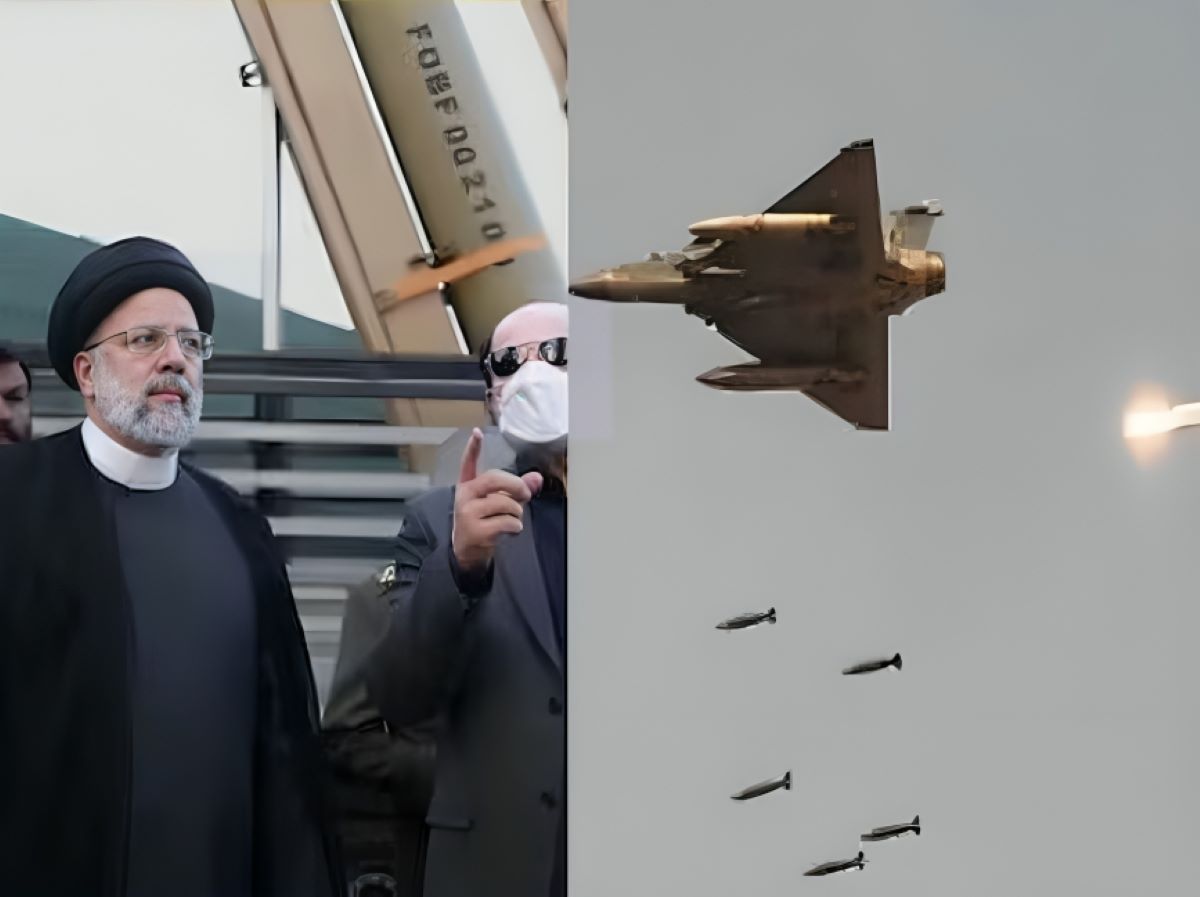Pakistan expressed strong condemnation for the Iranian airstrike that resulted in the deaths of two children within its borders. The attack was deemed an unprovoked violation of Pakistan’s airspace, and the country issued a warning of retaliation. Iran claimed to have used precision missile and drone strikes to target strongholds of the militant group Jaish al-Adl in Pakistan’s Balochistan province.
This incident follows Iran’s recent missile launches in Iraq and Syria, further escalating tensions in the Middle East. Pakistan’s Foreign Ministry denounced the attack, emphasizing the loss of innocent lives and highlighting the existence of communication channels between the two countries. In response, Pakistan lodged a formal protest with Iran’s Foreign Ministry and held Iran responsible for the consequences of its actions.
Late on Tuesday, the militant group Jaish al-Adl claimed that Iran’s Revolutionary Guards had utilized six attack drones and several rockets to demolish two residences where the families of their fighters resided. As per the authorities in Balochistan province, two young girls lost their lives and at least four individuals sustained injuries. The unfortunate incident occurred in the village of Koh-e-Sabz in Kulag, approximately 60 kilometers (37 miles) away from Panjgur district, during the evening of Tuesday.
Deputy Commissioner Mumtaz Khetran confirmed that the girls, aged eight and 12, were killed in the houses that suffered damage due to the attack. Additionally, Khetran mentioned that a mosque in close proximity to the residences was also targeted and struck during the assault. Koh-e-Sabz, situated around 50 kilometers (31 miles) from the Pakistan-Iran border, is recognized as the former residence of Mullah Hashim, the second-in-command of Jaish-ul-Adl, who was killed in clashes with Iranian forces in Sarawan, an adjacent region to Panjgur, in 2018.
According to Tasnim, Iran recently accused Jaish al-Adl militants of attacking a police station in the province of Sistan and Baluchistan, resulting in the deaths of 11 Iranian police officers. Jaish al-Adl is a separatist militant group that operates on both sides of the border and has previously claimed responsibility for attacks against Iranian targets. Their objective is to achieve independence for Iran’s Sistan and Baluchistan province.
Following this incident, Iran’s Revolutionary Guards launched ballistic missiles, targeting what they claimed was an Israeli intelligence agency Mossad’s spy base in Erbil, northern Iraq, as well as “anti-Iran terror groups” in Syria. Iran stated that these strikes were in response to alleged Israeli attacks that killed Iranian Revolutionary Guard commanders. They also claimed that the targets in Syria were involved in recent bombings in Kerman during a memorial for Quds Force Commander Qasem Soleimani, resulting in numerous casualties.
Iran defended these strikes as a precise and targeted operation aimed at deterring security threats. Nasser Kanaani, the spokesperson for Iran’s foreign ministry, emphasized this in a statement on Tuesday.
These attacks by Iran have raised concerns that the ongoing conflict between Israel and Gaza could escalate into a full-scale war in the Middle East, with severe humanitarian, political, and economic consequences.
The United States criticized the attacks in Iraq and Syria as reckless and imprecise, while the United Nations stressed the importance of addressing security concerns through dialogue rather than military strikes.
Iraq has lodged a complaint with the UN Security Council and the UN, stating that there are no Mossad-affiliated centers operating in Erbil in the semi-autonomous Kurdistan region.
Worries regarding a growing conflict:
According to the Hamas-run Ministry of Health, Israel’s continuous airstrikes on Gaza in response to Hamas’ terror attacks on October 7 have resulted in the deaths of over 24,000 individuals. This relentless bombing has caused widespread devastation, leaving civilians in constant fear of imminent death from airstrikes, starvation, or disease.
As a result of this conflict, hostilities have escalated throughout the region, leading to attacks on Israeli forces and its allies by Iran’s allies and proxies, collectively known as the axis of resistance.
On Tuesday, the US military conducted new strikes on Houthi targets in Yemen, specifically targeting anti-ship ballistic missiles controlled by the Iran-backed rebel group. These strikes were in response to the Houthi’s missile attack on the M/V Zografia, a Maltese flagged bulk carrier, in the southern Red Sea.
These recent strikes mark at least the third round of attacks launched by the US military against the infrastructure of the Houthis since last Thursday. The joint operation carried out by American and British forces aimed to neutralize command and control nodes and weapons depots used by the Houthis to launch missile and drone attacks on commercial shipping in the Red Sea.
Furthermore, US troops stationed in Iraq and Syria have faced repeated rocket and drone attacks from proxies supported by Tehran. In response, the US conducted a strike in Baghdad last week, targeting a leader from an Iran-backed proxy group that was held responsible for attacks against US personnel in the region.
Simultaneously, tensions have escalated between Israel and the Iran-backed group Hezbollah along the Lebanon border. Hezbollah’s leader, Hassan Nasrallah, has vowed to continue confrontations with Israeli forces until the Israeli offensive in Gaza comes to an end.

